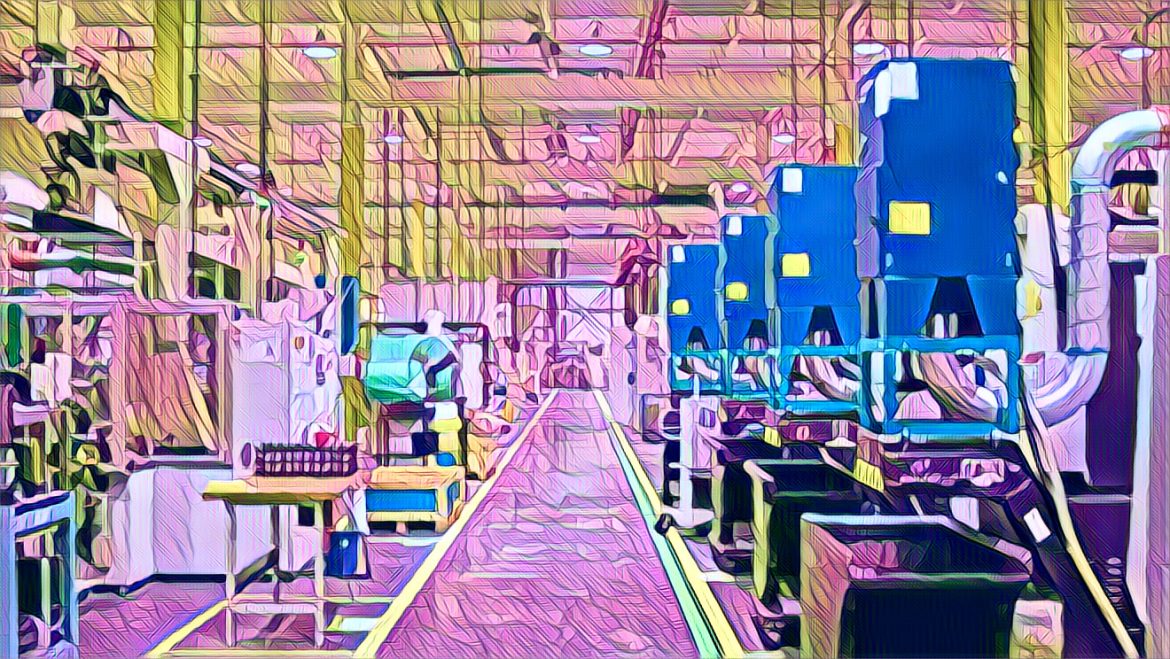The abandonment of legacy companies, once the backbone of Southeast Nigeria’s economy, has significantly contributed to the region’s escalating unemployment and dwindling revenue. Despite their rich industrial heritage, states such as Abia, Anambra, Ebonyi, Enugu, and Imo now languish among the country’s lowest revenue-earning and highest youth unemployment regions.
These states house remnants of prominent establishments dating back to the 1960s, under the stewardship of Dr. Michael Okpara, the former Premier of the old eastern region. His administration laid the foundations for economic prosperity, with companies estimated to be worth N10 trillion today, including Golden Guinea Breweries, Ceramics Industry, Abia Hotels, Hotel Presidential, Niger Steel, Premier Cashew Industry, and Eastern Plastics Ltd.
Stakeholders argue that the neglect of these legacy companies is a significant factor in the region’s economic difficulties. Successive administrations’ disinterest in revitalizing these establishments has led to a gap between the region’s economic potential and its current reality.
The National Bureau of Statistics (NBS) reports that Nigeria’s population reached 216.7 million in Q2 of 2023, with an unemployment rate of 4.2%. However, more realistic surveys suggest a much higher rate, with at least one or two in every three Nigerians unemployed. In the Southeast, the unemployment rate is particularly stark, with over 6.5 million people out of work.
The region’s revenue profile is also grim. In 2022, the combined revenue of the five Southeast states was a mere fraction of Lagos State’s earnings. While Lagos generated N651.15 billion, the Southeast states amassed only N114.5 billion of the national figure of over N1.9 trillion.
Economist Dr. Levi Oranusi highlights the contradiction between the region’s industrial potential and its current economic state. He notes that the moribund investments in these states could be worth more than N10 trillion. For example, Golden Guinea, comparable to Nigeria Breweries, reported N402 billion in revenue in Q3 of 2023. These investments, if operational, could have been significant revenue earners and employment creators.
Finance expert Prof. Chiwuike Ubah echoes this sentiment, emphasizing the lost potential for economic growth and job creation. He laments the abandoned industries and warehouses as symbols of missed opportunities. The direct and indirect economic activities associated with these investments would have revitalized the Southeast, providing employment and boosting income levels.
Findings by The Guardian suggest that the region could have overcome its unemployment and revenue challenges had successive governments maintained these establishments after the Nigeria/Biafra war and the division of the old eastern region into the Southeast and South-south regions.
For instance, while the Rivers and Bayelsa state governments have maintained the Presidential Hotel in Port Harcourt, its counterpart in Enugu has fallen into obsolescence. The once-flourishing 100-room hotel now serves as a haven for criminal activities.
According to a report by The Guardian, Golden Guinea Breweries, founded in 1962, ceased operations for over 16 years following a fire incident in 2003. Although it resumed production in 2019, it faces challenges due to the poor economy and competition. Similarly, Modern Ceramics Umuahia and Premier Brewery in Onitsha, once significant employers, now lie dormant.
Public affairs analyst Dominic Uwaga attributes the failure to revive these industries to a lack of political will and commitment to establishing lasting legacies. He criticizes successive leaders for their lip service to regional development and points to the stark contrast with the Southwest’s approach to industrialization through initiatives like the O’Dua Investment.
Entrepreneur Chika Ugwu stresses the need for Southeast governors to look inward to address their challenges. He believes that reviving these industries could transform the region into an economic powerhouse. The potential for development lies in the existing structures; what’s required is the political will to rejuvenate them.
The situation in Southeast Nigeria is a tale of lost opportunities. Once thriving industries that provided employment and revenue are now dilapidated, contributing to the region’s economic woes. The solution lies in reinvigorating these legacy companies, which could spur a new era of prosperity for Southeast Nigeria. This revival could reduce unemployment, increase revenue, and restore the region’s economic vitality.
As the Southeast grapples with these challenges, the need for visionary leadership and strategic planning becomes increasingly evident. The revival of these legacy companies could be a catalyst for change, not only in the Southeast but across Nigeria, demonstrating the transformative power of industrial rejuvenation.


